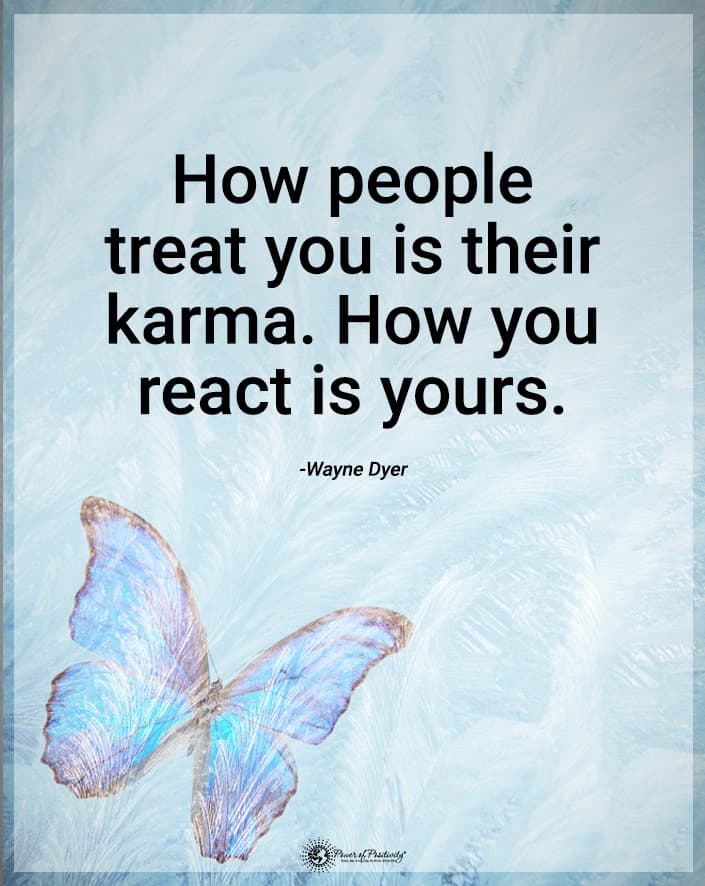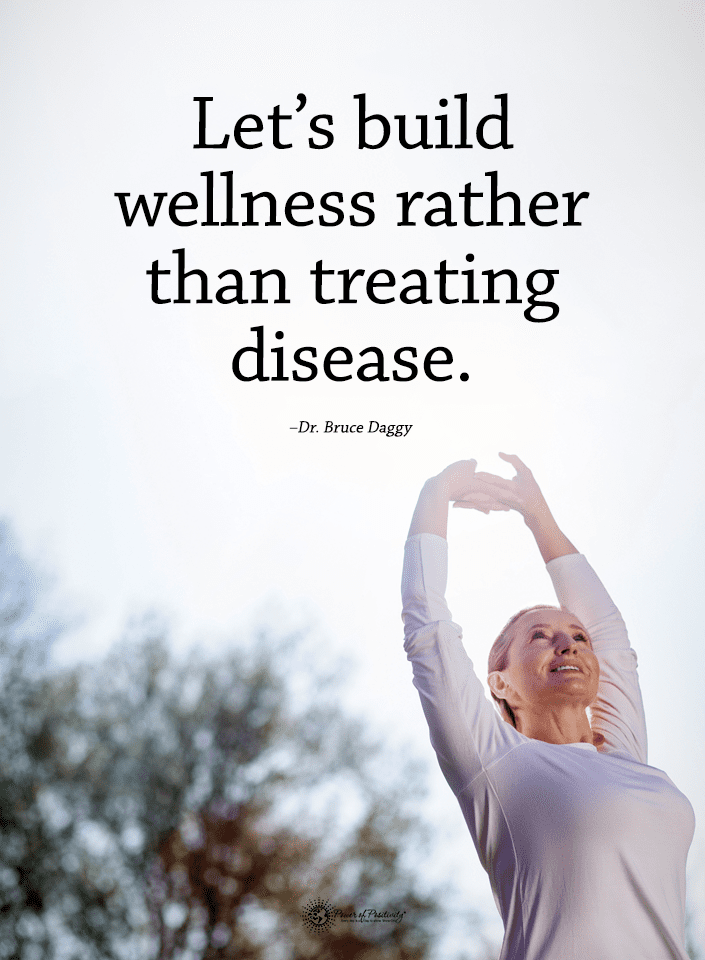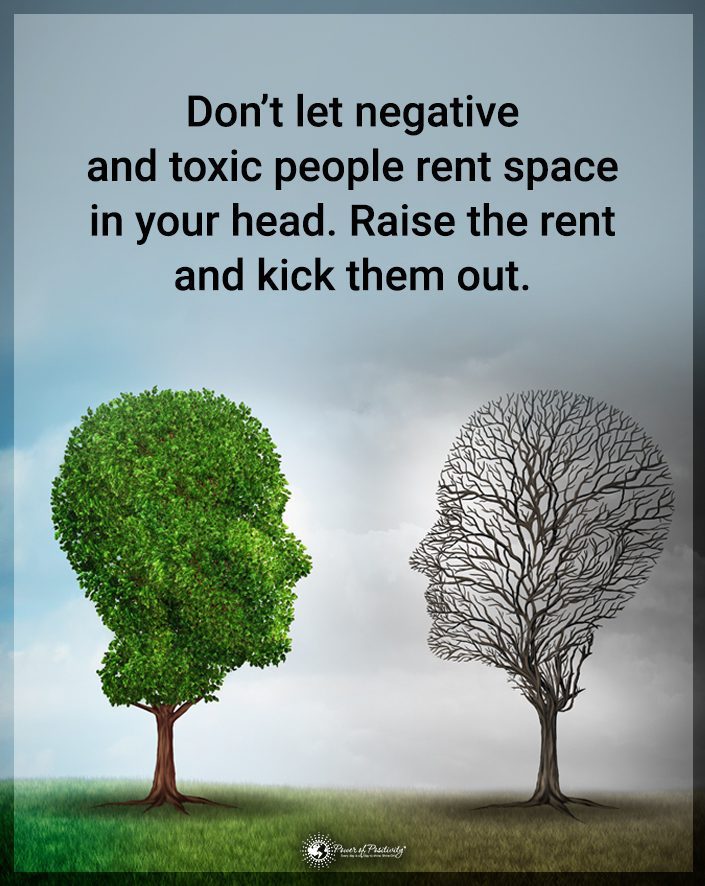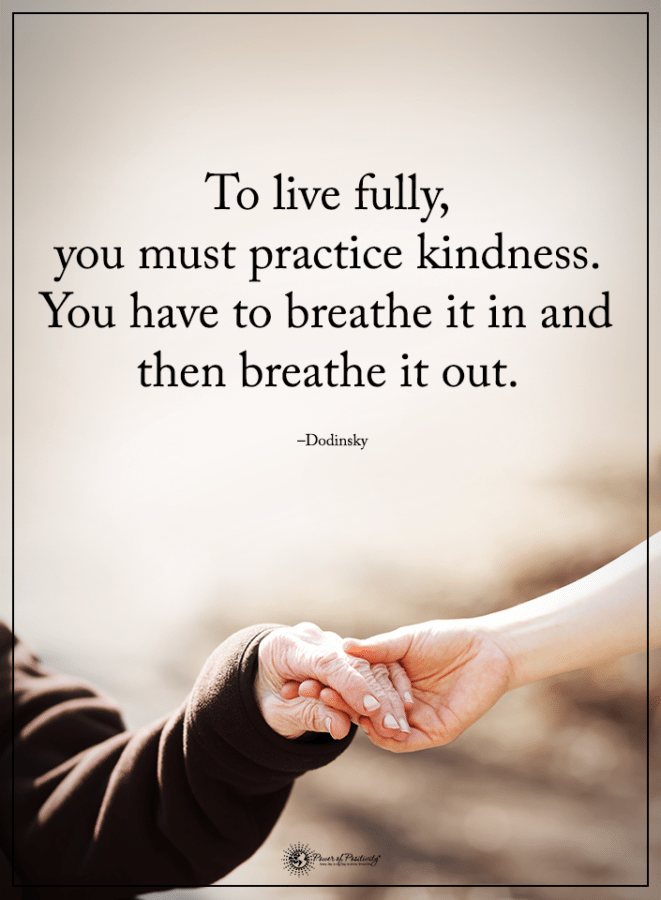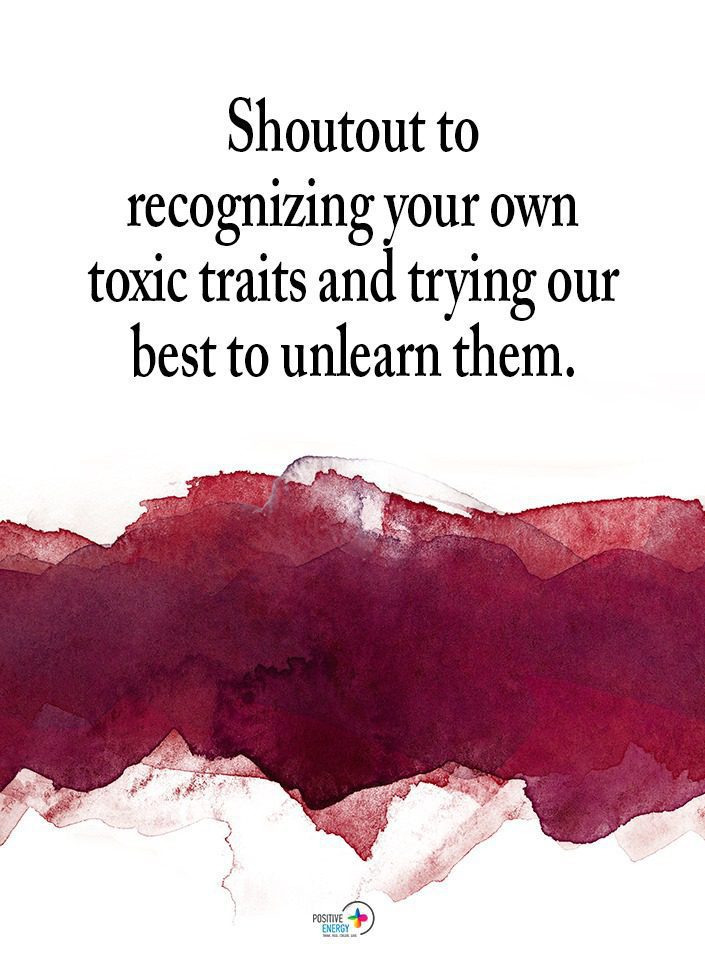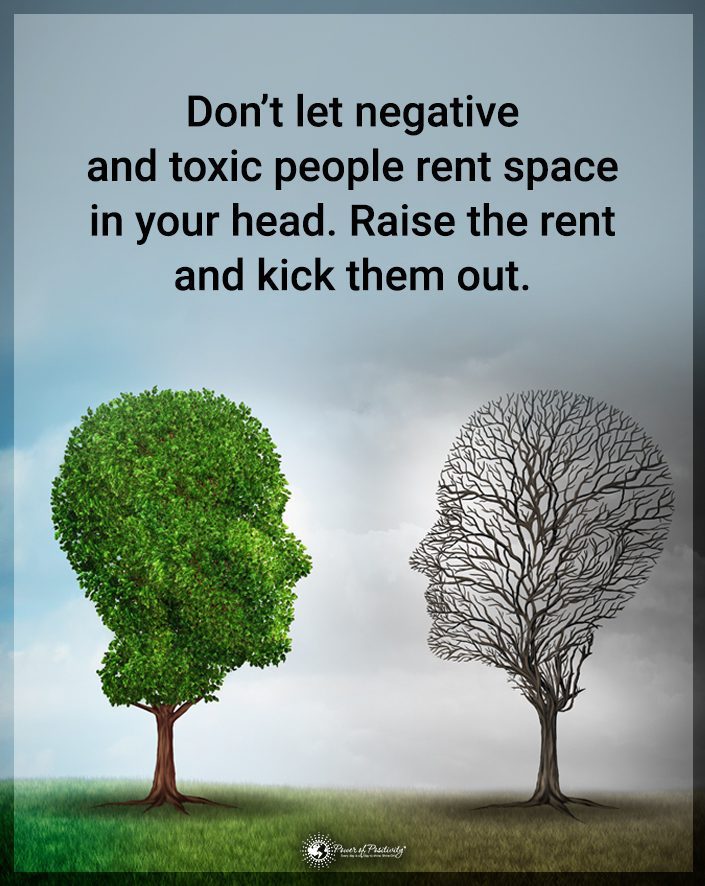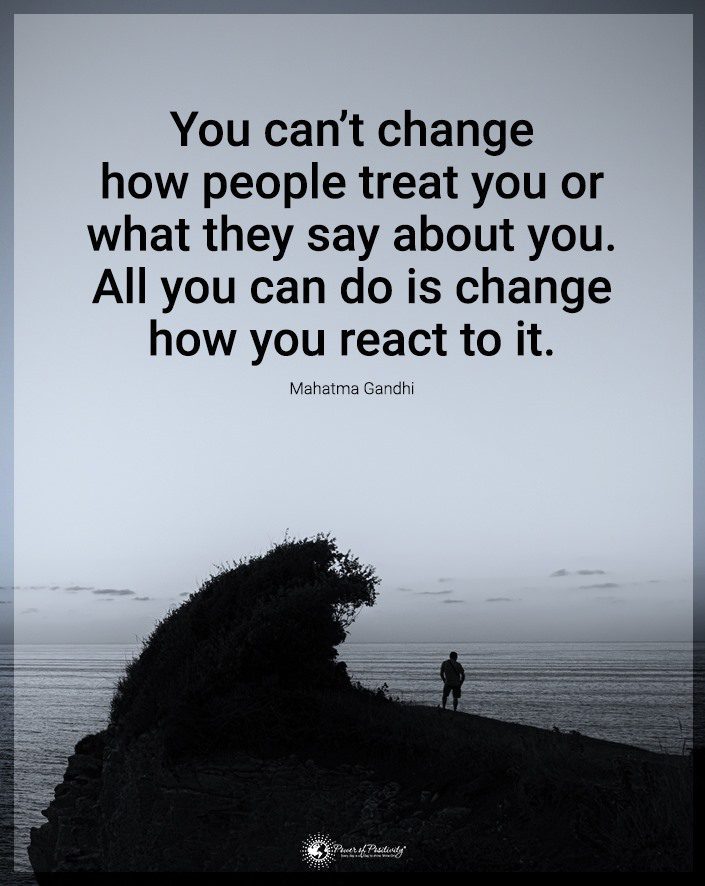Love and emotional connection are essential components of any healthy relationship. But it can be challenging to maintain over time. It requires effort, communication, and a willingness to be vulnerable with your partner. The importance of emotional connection in a relationship cannot be overstated. It allows partners to feel understood and supported, with emotions appreciated deeply.
Emotional connection is not just about being physically close to your partner or engaging in shared activities. Instead, it is about being emotionally present, understanding each other’s thoughts and emotions, and having open and honest communication. However, maintaining an emotional connection can be problematic over time.
To increase your emotional connection with your partner, you must put in the effort and prioritize your relationship. This may involve taking the time to truly listen to your partner, understanding their needs and concerns, and being supportive. It may also include being vulnerable and sharing your thoughts and emotions with your partner.
Connection is also about creating a safe and trusting space where you can be honest with each other. Doing so can deepen your understanding of each other and build a stronger emotional bond. Ultimately, you can create a fulfilling and meaningful relationship for both partners.
10 Ways to Increase Emotional Connection with Your Partner
1. Show Interest in Growing Your Emotional Connection
Showing interest in your partner’s life is one of the most important ways to increase emotional connection in a relationship. This involves engaging with your partner regularly and understanding their thoughts, emotions, and experiences. By showing an interest in your partner’s life, you can create a deeper sense of understanding and empathy. You can also establish a strong foundation for communication, love, and intimacy in your relationship.
One of the simplest ways to show an interest in your partner’s life is by asking about their day. By asking about their experiences, you demonstrate that you value their perspective and are genuinely interested in their life. It is important to listen actively, paying close attention to their responses. This can help your partner feel seen and heard and create a sense of closeness and connection.
2. Be Present
In today’s fast-paced world, it’s easy to get distracted by technology and other responsibilities, even when spending time with your partner. However, being present and engaged during these moments is essential to increase emotional connection in your relationships. One of the most effective ways to be present with your partner is to eliminate distractions. Don’t pay attention to phones or work during your time together.
Setting aside these distractions allows you to focus on the present moment and fully engage with your partner. This means actively listening to their words, paying attention to their body language, and responding to their needs and desires. You create a space for genuine connection and communication when you’re present in this way. This can help to deepen your emotional bond with your partner.
3. Show Empathy
Empathy is a key component of emotional connection in any relationship. It involves understanding and relating to your partner’s feelings and emotions. It’s about showing that you care about their experiences. By showing empathy, you can create a space for open and honest communication and build trust and understanding. It’s also a great way to deepen your emotional bond with your partner.
Listening actively to your partner and acknowledging their perspective and feelings is essential to show empathy. This involves putting yourself in their shoes and understanding their emotions about a situation. It may also include asking questions and trying to understand the reasons behind their emotions or reactions. Additionally, showing empathy can also encourage your partner to reciprocate. This creates a positive cycle of emotional connection and understanding.
4. Practice Open Communication
Communication is a fundamental aspect of any healthy relationship. And it is essential when it comes to building an emotional connection. Open and honest communication creates a space for mutual understanding and empathy. This can help to deepen your relationship and build a strong foundation for the future. Creating a safe space for sharing your thoughts and emotions is crucial to practice open communication with your partner.
This means approaching conversations respectfully and constructively, avoiding blame, and focusing on finding solutions or common ground. Practicing open and honest communication with your partner can create a deeper sense of intimacy and trust. Open communication can also help prevent misunderstandings or conflicts and create a space for resolving issues.
5. Share Experiences Can Increase an Emotional Connection
Shared experiences can be a powerful way to deepen your emotional connection with your partner. Engaging in new activities or visiting new places together can create a sense of adventure and excitement. They can also provide opportunities for learning and growth. These experiences can help to build memories, increase shared interests, and create a sense of mutual appreciation and respect.
Sharing experiences with your partner creates a sense of togetherness and a feeling of being on the same team. You work together to navigate new situations and support each other through challenges and triumphs. The shared experiences you create go beyond words and can help to build a deeper bond between you.

6. Practice Intimacy
Intimacy is a critical component of any relationship, but it doesn’t always have to be physical. Emotional intimacy, or the ability to connect on a deep emotional level, is just as important. One way to practice emotional intimacy is by sharing your fears, hopes, and dreams with your partner. Sharing your innermost thoughts and feelings with your partner can create a sense of vulnerability and openness.
This helps to deepen your emotional connection. It can also create a sense of mutual trust and understanding, essential for building a solid relationship. When you practice emotional intimacy with your partner, you create a space for open and honest communication. You demonstrate that you value their perspective and are willing to be vulnerable, which can encourage them to do the same.
7. Show Appreciation
You can strengthen your emotional connection with your partner by learning how to express gratitude. When you show your partner that you appreciate them, you create a sense of mutual respect and acknowledgment. One way to express gratitude is by acknowledging what your partner does, big and small. This can include thanking them for cooking dinner, taking care of the kids, or simply being there for them.
By recognizing and appreciating these actions, you demonstrate that you value and appreciate their contributions to your life. Expressing gratitude can also create a sense of positivity and optimism in your relationship. Focusing on what your partner does well creates a sense of mutual appreciation and support. This can foster a more profound sense of connection and understanding.
8. Practice Forgiveness
No matter how strong a relationship is, there will always be times when mistakes are made. Whether it’s a slight misunderstanding or a more significant breach of trust, practicing forgiveness can help. It can repair any damage and deepen your emotional connection with your partner. Forgiveness is not about condoning the behavior that caused the harm. Instead, it’s about letting go of negative emotions and moving forward positively.
It can be challenging, but forgiveness can create a sense of mutual understanding when done effectively. Forgiving always helps to restore trust and respect in your relationship. An essential aspect of forgiveness is time. So, remember to allow yourself and your partner time to process and heal from any hurt that has been caused.
9. Support Each Other
Supporting your partner through the good and bad times is essential to building an emotional connection. It means being there for them when they need you, offering encouragement, and being a source of strength and comfort. One way to provide support is to actively listen to your partner when they share their thoughts and emotions.
This means giving them your undivided attention, showing empathy and understanding, and offering reassurance when needed. Another way to support your partner is to provide encouragement and guidance when facing challenges or obstacles. This can involve helping them to problem-solve, offering advice or resources, or simply being a sounding board for their ideas.
10. Make Time
In such a busy life, letting time with your partner fall by the wayside is easy. However, making time for your partner is essential for building an emotional connection and maintaining a healthy relationship. And making time is not as complicated as it sounds. You can consider scheduling regular date nights or activities that you can do together. This can be as simple as cooking dinner together or walking in the park.
Or it can be something more elaborate, like taking a weekend trip or trying a new hobby together. It’s also essential to make time for quality conversation with your partner. This means setting aside distractions like phones or TV and engaging with each other on a deeper level. You can use this time to share your thoughts, discuss your goals and aspirations, or enjoy each other’s company.
Final Thoughts on Some Ways to Increase Emotional Connection with Your Partner
Building an emotional connection with your partner requires effort, communication, and a willingness to be vulnerable. The aspects discussed above can help deepen your relationship and create a strong foundation for the future. You should try to show more interest, be present, and make time for your partner.
These are just a few things you should keep in mind if you want to better the emotional connection in your relationship. By implementing these strategies, you can build a strong relationship and emotional connection with your partner. This can lead to greater happiness, fulfillment, and satisfaction in your relationship.
Building emotional connections is an ongoing process that requires consistent effort and attention. But the rewards are well worth it. A strong relationship and emotional connection can help you and your partner navigate the ups and downs of love and life together. It can allow you to create a partnership that is built to last. So, take the time to invest in your relationship and prioritize emotional connection. Your relationship will thank you for it.



